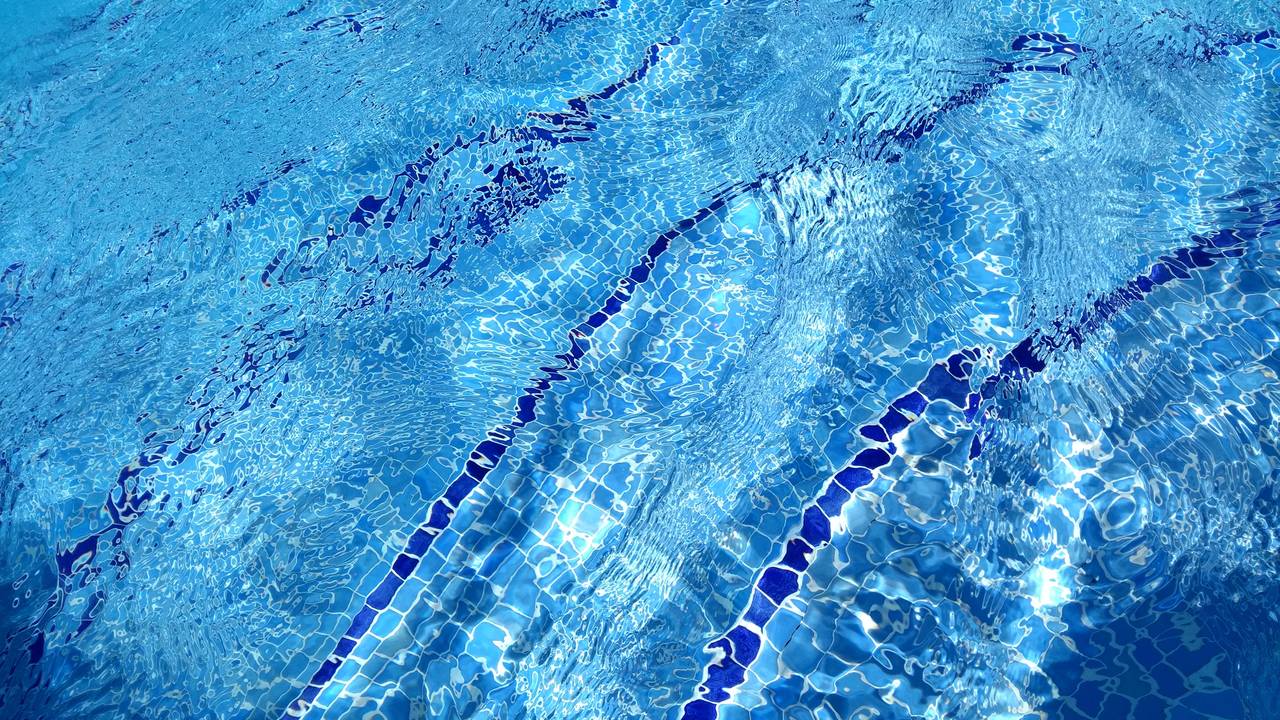How many types of pool systems are there? Well, there are about five currently in the market, namely saltwater, chlorinated, ozone, UV, and hydroxyl-based advanced oxidation process systems. If you're in search of a new pool system or would like to do away with an old one for a better solution, then read on as we analyze both the good and bad of all these types of pool systems.
Types of Pool Systems - Choose the Right One
The different types of pool systems for when you get your pool built by a professional or by yourself include UV systems, chlorinated systems, saltwater systems, hydroxyl-based advanced oxidation systems and ozone systems.
1) UV Systems
The Good:
These present-age pools disinfected through the use of ultraviolet rays, halogens, and sanitizers to kill pathogens within the water quickly. A UV lamp is placed strategically along the course of the water to produce just enough gamma radiation to counteract toxins while eradicating stubborn germs.
The Bad:
Although the bacteria can’t reproduce as the UV works to sterilize them, they are still present nonetheless. Moreover, UV only removes microorganisms but heavy metals and other non-organic contaminants still remain.
2) Chlorinated Systems
The Good:
Since time immemorial, pool owners have turned to chlorine for its adept decontamination properties with it proving not only effective but also a long-term sanitizing solution for almost all pool materials. Granular, gas and liquid make up the trio of chlorine options which all work in a similar manner to eliminate contaminants through oxidation.
The Bad:
Chlorine’s cons come in the way of the by-products of that oxidation process which can lead to a number of side effects after coming into contact with human skin and the organic chemicals therein such as sweat, oils, and whatnot. Besides simple allergic reactions like red eyes, chlorine can also trigger the onset of lung diseases and general breathing system discomforts.
3) Saltwater Systems
The Good:
Saltwater systems circumvent the adverse side effects of the former by mitigating the severity of some of those symptoms. They are also desirable for how soft they make the water feel and also for their less cumbersome upkeep compared to chlorinated pools.
The Bad:
Saltwater systems still contain trace amounts of sodium chloride with the chlorine finding its way into the water to cause problematic byproducts that pose considerable risk to human health. Consequently, saltwater systems also require periodic maintenance because of residue accumulation while they can affect the integrity of the structure due to their corrosive effect.
4) Hydroxyl-Based Advanced Oxidation Systems
The Good:
All the pools before it suffer from the plague of health-compromising byproducts but not this one which gets around that through the use of powerful hydroxyl radicals with enormous oxidative properties. They are also popular because of the absence of that corrosive effect that most of its counterparts suffer from.
The Bad:
The underlying technology doesn’t come cheap and you’ll have to pay above average for a hydroxyl-based AOP system. This system is also in need of periodical maintenance particularly with an outdoor pool which is especially susceptible to algae hence necessitating a chemical disinfectant.
5) Ozone Systems
The Good:
An ozone pool system breaks down ordinary oxygen molecules in the air into ozone gas which is up to 100 times more effective than chlorine in terms of oxidation. It not only gives water a softer tone but also does away with germs and other contaminants left unaffected by chlorine.
The Bad:
When it dissolves in water, ozone forms a corrosive solution that affects pool accessories like rubber gaskets while it is rarely effective on its own hence there is a need to pair it with chlorine or another residual sanitizer which brings its own problems to the table yet again.
Bottom Line
So how many types of pool systems are there? Hydroxyl-based AOP, ozone, UV, saltwater and chlorinated pools make up the five varieties currently in existence. Now that we’ve looked at both sides of the coin for all these systems, you should be well-placed to make the right choice for you to invest in.


Comments(2)